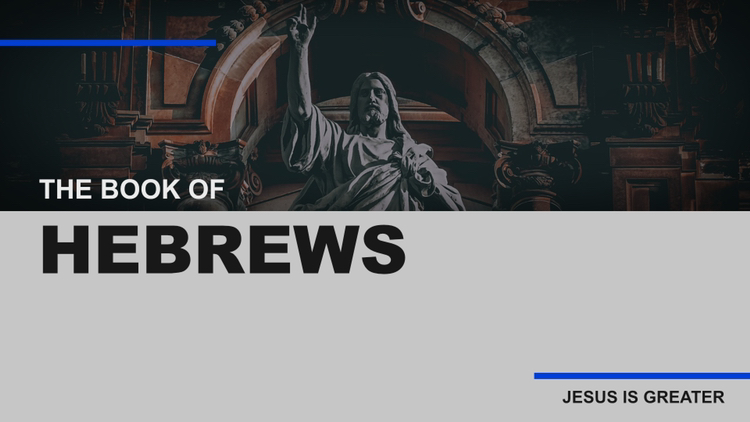
Hebrews 13
7 Remember your leaders, those who spoke to you the word of God. Consider the outcome of their way of life, and imitate their faith. 8 Jesus Christ is the same yesterday and today and forever. 9 Do not be led away by diverse and strange teachings, for it is good for the heart to be strengthened by grace, not by foods, which have not benefited those devoted to them. 10 We have an altar from which those who serve the tent have no right to eat. 11 For the bodies of those animals whose blood is brought into the holy places by the high priest as a sacrifice for sin are burned outside the camp. 12 So Jesus also suffered outside the gate in order to sanctify the people through his own blood. 13 Therefore let us go to him outside the camp and bear the reproach he endured. 14 For here we have no lasting city, but we seek the city that is to come. 15 Through him then let us continually offer up a sacrifice of praise to God, that is, the fruit of lips that acknowledge his name. 16 Do not neglect to do good and to share what you have, for such sacrifices are pleasing to God. 17 Obey your leaders and submit to them, for they are keeping watch over your souls, as those who will have to give an account. Let them do this with joy and not with groaning, for that would be of no advantage to you. 18 Pray for us, for we are sure that we have a clear conscience, desiring to act honorably in all things. 19 I urge you the more earnestly to do this in order that I may be restored to you the sooner. 20 Now may the God of peace who brought again from the dead our Lord Jesus, the great shepherd of the sheep, by the blood of the eternal covenant, 21 equip you with everything good that you may do his will, working in us that which is pleasing in his sight, through Jesus Christ, to whom be glory forever and ever. Amen. 22 I appeal to you, brothers, bear with my word of exhortation, for I have written to you briefly. 23 You should know that our brother Timothy has been released, with whom I shall see you if he comes soon. 24 Greet all your leaders and all the saints. Those who come from Italy send you greetings. 25 Grace be with all of you.
Is the church still needed in the world today?
In 1934, the poet T.S. Eliot wrote his “Choruses from ‘The Rock’” in which are included these jarring words:
I journeyed to London, to the timekept City,
Where the River flows, with foreign flotations.
There I was told: we have too many churches,
And too few chop-houses. There I was told:
Let the vicars retire. Men do not need the Church
In the place where they work, but where they spend their Sundays.
In the City, we need no bells:
Let them waken the suburbs.
I journeyed to the suburbs, and there I was told:
We toil for six days, on the seventh we must motor
To Hindhead, or Maidenhead.
If the weather is foul we stay at home and read the papers.
In industrial districts, there I was told
Of economic laws.
In the pleasant countryside, there it seemed
That the Church does not seem to be wanted
In country or in suburbs; and in the town
Only for important weddings.[1]
It is fascinating to me that the writer of Hebrews concludes his letter by saying, in essence, “Yes! The church is still needed and so it is critically important that the church actually be the church!” Then, toward that end, he shows us how the church can be the church.
I very much agree with David VanDrunen who wrote, “The church ought to be central to the Christian life because the church is the only earthly community that manifests the redemptive kingdom and grants us the fellowship of our true home, the world-to-come.”[2]
That is so. Let us consider, then, the conclusion of Hebrews and how it calls us to be the church.

